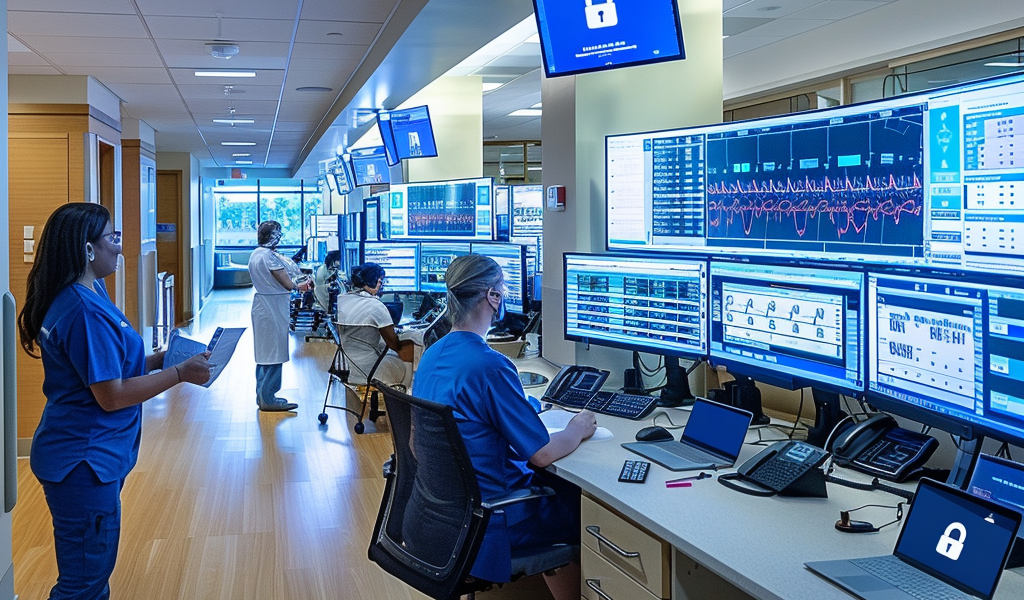Hospitals Face Increasing Threat of Cyber Attacks
As the digital landscape evolves, healthcare institutions are becoming prime targets for cybercriminals. Recent events have highlighted the vulnerabilities that hospitals face, particularly following a global cyber outage that occurred last summer. This incident served as a wake-up call for many healthcare facilities, revealing significant gaps in their cybersecurity measures.
In a comprehensive report, one hospital shared its experience during the cyber outage, detailing the disruptions it faced and the subsequent steps taken to bolster its defenses. The hospital’s management noted that the attack not only jeopardized patient data but also hindered day-to-day operations, causing delays in critical medical services.
The healthcare sector is particularly susceptible to cyber threats due to its reliance on technology for patient care and record-keeping. Hospitals often operate with outdated systems that lack robust security features, making them easy targets for hackers. Cybersecurity experts warn that without immediate action, these institutions could face even more severe attacks in the future.
Following the cyber outage, the hospital implemented a series of measures aimed at enhancing its cybersecurity infrastructure. These measures included upgrading software systems, conducting regular security audits, and training staff on recognizing potential threats. The hospital also established a dedicated cybersecurity team tasked with monitoring systems around the clock to detect and respond to threats in real time.
Moreover, the hospital has begun collaborating with cybersecurity firms to develop a comprehensive response plan in the event of future attacks. This partnership aims to ensure that the hospital can quickly recover from any breaches and minimize the impact on patients and staff.
Healthcare professionals are urging other hospitals to take similar precautions. Experts recommend that institutions invest in advanced cybersecurity technologies, such as intrusion detection systems and encryption tools, to safeguard sensitive patient information. Additionally, regular training sessions for employees can help create a culture of security awareness within the organization.
As cyber threats continue to evolve, the healthcare sector must remain vigilant. The implications of a successful cyber attack extend far beyond financial losses; they can also compromise patient safety and trust in the healthcare system. Therefore, it is imperative for hospitals to prioritize cybersecurity as an integral part of their operational strategy.
In light of these developments, stakeholders within the healthcare industry are calling for greater collaboration between government agencies and private sectors to address the growing threat of cyber attacks. By sharing information and resources, the healthcare community can develop more effective strategies to combat cybercrime and protect patient data.
As the situation unfolds, hospitals across the nation are being urged to assess their cybersecurity protocols and make necessary adjustments. The recent cyber outage serves as a stark reminder of the vulnerabilities that exist within the healthcare system and the urgent need for improved security measures.
In conclusion, the rising threat of cyber attacks on hospitals underscores the importance of robust cybersecurity practices. As healthcare institutions strive to protect their patients and maintain operational integrity, investing in advanced security measures and fostering a culture of awareness will be crucial in the fight against cybercrime.





